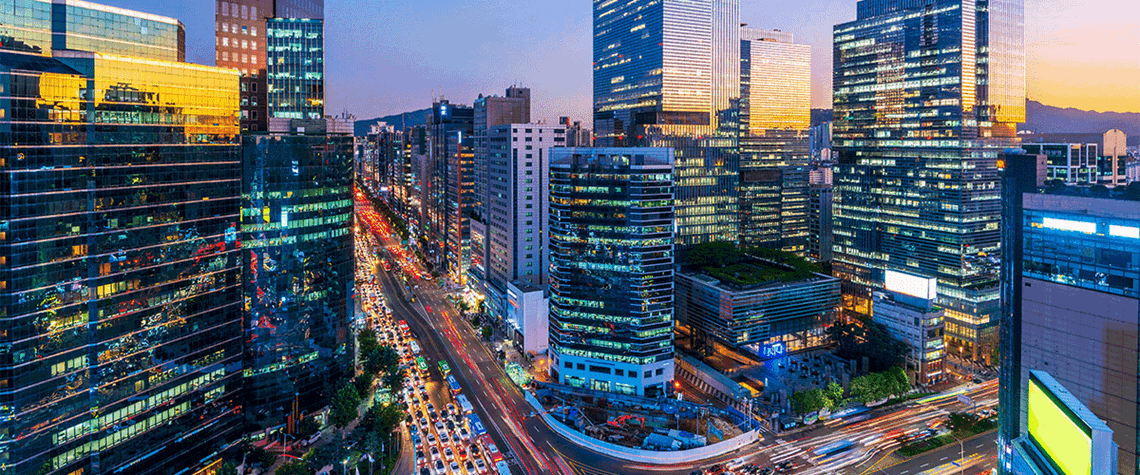LNG crucial for South Korea despite nuclear focus
Liquefied gas may lose market share to nuclear in South Korea, but demand could still be robust
South Korea is the world’s third-largest LNG importer, behind China and Japan. The country takes in c.46mn t/yr of the fuel, more than 10pc of the global market, making it a key consumer in a sector that has only grown in importance since the start of the Ukraine war and the emergence of Europe as a competing demand hub. And despite Seoul’s renewed embrace of nuclear power and plans to trim its dependence on imported gas, South Korea’s LNG intake is unlikely to have peaked, analysts suggest. The government of President Yoon Suk Yeol plans to build new nuclear power plants, in a significant departure from the previous administration of Moon Jae-in, who halted nuclear projects and talked about

Also in this section
19 February 2026
US LNG exporter Cheniere Energy has grown its business rapidly since exporting its first cargo a decade ago. But Chief Commercial Officer Anatol Feygin tells Petroleum Economist that, as in the past, the company’s future expansion plans are anchored by high levels of contracted offtake, supporting predictable returns on investment
19 February 2026
Growth in LNG supply will surpass the rise in demand in 2026 for the first time in years, according to Mike Fulwood, senior research fellow at the OIES, but lower prices are likely to encourage fuel switching and could create more demand on a permanent basis
19 February 2026
Awais Ali Butt, manager for sales and business development at Pakistan LNG Ltd, discusses LNG’s role in energy security across developing, price-sensitive economies, as well as examining trade-offs between buying strategies and the impact of lower prices and policy on import behaviour
19 February 2026
LNG’s technical maturity, availability and price, as well as regulation, have driven its rapid adoption as a marine fuel, yet its future in shipping will depend on transition policies and progress in cutting methane emissions and scaling bio- and synthetic LNG, according to Carlos Guerrero at Bureau Veritas







